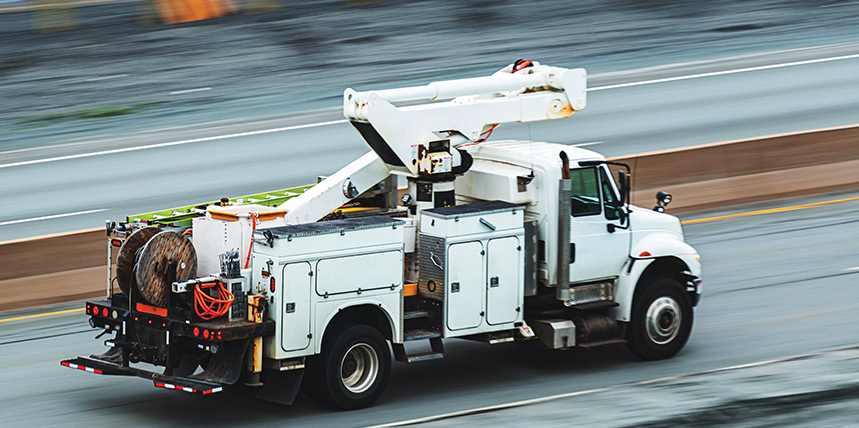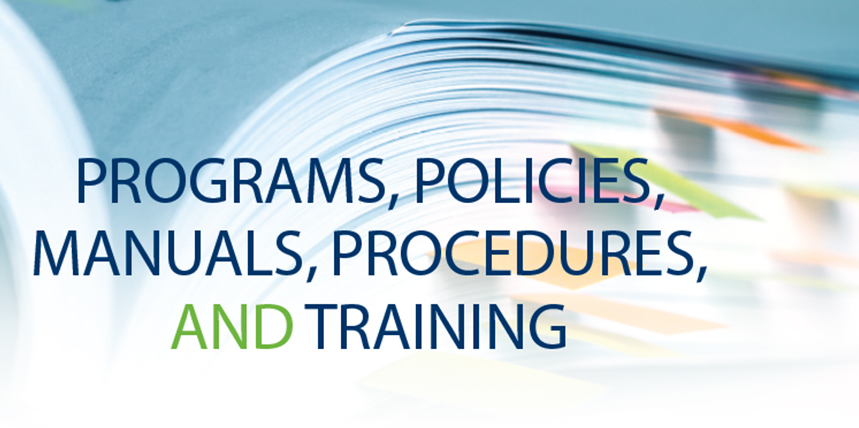They are called many things — observations, audits, assessments — but they are all intended to accomplish the same task: Evaluate the people in the field performing the task at hand. Generally, you observe an employee doing a task, then audit or assess whether performance of the task meets expectation. These inspections can be performed by any level within a …
Vehicle Safety for the Workforce
Commuting to and from work by vehicle is a daily routine for many. The COVID pandemic has changed how some organizations operate, forcing many employees to work remotely, but for those who need to be on the job doing physical work, the commute never stopped. For some, driving to a jobsite, client sites, the shop, the parts supplier, and everything …
Hand Protection
Workers’ hands are the most commonly injured body part. Whether the hazard comes from rotating machinery, pinches between two materials, heat, chemicals, or electricity, your hands are under constant attack. Without them, every task would be difficult to perform. This article identifies the common hazards and risks to a worker’s hands as well as ways to mitigate injuries and promote …
Distracted Driving
People are easily distracted in a world filled with more distractions every day. In this day of modern technology, it is easy to get overwhelmed with the number of distracting devices out there, and these devices have encroached upon the driving environment. Cell phones are convenient means to communicate over long distances, but couple them with texting, email, internet, and …
Portable and Mobile Ladder Safety
Falls from ladders account for 20% of all fatalities and lost-workday injuries in general industry according to Occupational Safety and Health Administration (OSHA) statistics. Ensuring that all ladders meet OSHA and American National Standards Institute (ANSI) standards is critical in mitigating this statistic. OSHA Regulatory Requirements OSHA published an update to its walking-working surface rule (Subpart D) for general industry …
Basic Fall Protection
Fall protection requirements and equipment varies depending upon where the work is being performed. The regulations can be confusing for some employees, so it is up to the manager or safety professional to understand the work, the environment the work is being performed in, and the equipment needed to mitigate the hazard of falling from height. When Is Protection Required? …
Programs, Policies, Manuals, Procedures, and Training
Many regulatory agencies direct which documents are required to perform a company’s tasks. In some cases, federal and state requirements must be adhered to for the same task or hazard. For example, the United States Environmental Protection Agency (US EPA) and state environmental agencies, such as the Massachusetts Department of Environmental Protection (MA DEP), regulate potential environmental impacts that may …
Troubleshooting Human Error to Ensure Safety
What is human error? A human error is the outcome of an action that does not produce results as intended. It can be summed up by saying things did not go as planned. The 6P Rule (Proper Prior Planning Prevents Poor Performance) can go a long way to preventing a human error, but there is still that human factor. James …
Communicating Hazards During the Pre-Job Briefing
Protection from hazards always begins with proper prior planning. An important aid to correctly and thoroughly planning a job includes using a tool known throughout the industry as a pre-job briefing, commonly called a PJB. This tool is called a tailboard or tailboard meeting in construction parlance, but no matter what it is called, PJBs are all designed to do …
Arc Rated Clothing and Electrical Hazard Footwear
Everyone wears clothes, at least when out in public. However, not everyone needs to wear clothes specially designed and tested to protect them from hazards they could find in their workplace. If your employees work on or near electric power, generation, transmission, and distribution equipment, specialized clothing is necessary for certain tasks. OSHA 29 CFR 1910.269 states that employers must …






